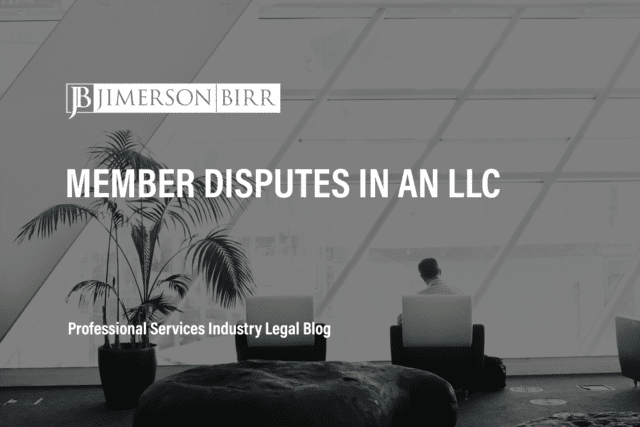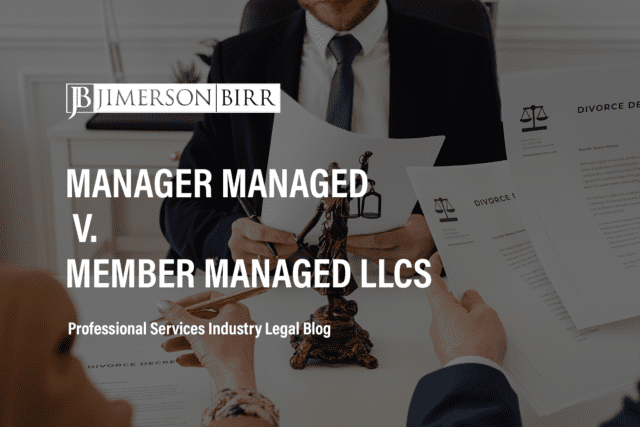What are minority shareholder rights violations?
Minority shareholder rights violations occur when the rights of minority shareholders in a company are not respected or are infringed upon. Minority shareholders own less than 50% of the shares of a company and therefore have less control over its management and decision-making processes. Some common examples of minority shareholder rights violations include:
- Exclusion from decision-making: Minority shareholders have the right to be informed and to participate in significant company decisions such as mergers and acquisitions, dividend payouts, and changes to the company’s articles of association. However, the majority shareholders or the company’s management may exclude them from these decisions.
- Insider trading: Insider trading occurs when a person with access to confidential information about a company buys or sells its shares. Minority shareholders may face adverse consequences if such trades use non-public information, resulting in unfair advantages to those in the know.
- Dividend discrimination: Dividend discrimination occurs when majority shareholders receive preferential treatment in dividend payouts while minority shareholders receive lower dividends or no dividends at all.
- Share dilution: Share dilution happens when a company issues more shares, making the existing shares worth less. This situation can lead to minority shareholders owning a smaller percentage of the company, negatively impacting their voting power.
- Oppressive conduct: Oppressive conduct refers to any behavior by the majority shareholders or the company’s management that unfairly prejudices the interests of minority shareholders.
Need help with a matter related to a violation of minority shareholder rights? Schedule your consultation today with a top shareholder disputes and derivative litigation attorney.
In Florida, which laws and regulations apply to minority shareholder rights violations?
In Florida, minority shareholder rights follow the governance of various laws and regulations, including:
- Florida Business Corporation Act (FBCA): The FBCA provides the legal framework for forming and operating corporations in Florida. It includes provisions related to shareholder rights, including the right to inspect corporate books and records, the right to vote on important corporate matters, and the right to receive dividends.
- Florida Securities and Investor Protection Act (FSIPA): The FSIPA regulates the sale of securities in Florida and includes provisions related to insider trading, market manipulation, and other fraudulent activities that can harm minority shareholders.
- Florida State Constitution: The Florida State Constitution protects the property rights of individuals, including the rights of minority shareholders in corporations.
- Common Law: Minority shareholders can also rely on common law principles, such as the fiduciary duty of directors and officers to act in the corporation’s and its shareholders’ best interests.
What evidence does a plaintiff generally need to file a lawsuit regarding minority shareholder rights violations, and what are common legal defenses to those claims?
To successfully file a lawsuit regarding minority shareholder rights violations, a plaintiff must present evidence to support their claim. The specific evidence required will depend on the nature of the alleged violation but may include the following:
- Documentation: Plaintiffs may need to provide documentation, such as company records, meeting minutes, and financial statements, to demonstrate a violation of their rights.
- Witness testimony: Witnesses with direct knowledge of the alleged violation may be called upon to provide testimony supporting the plaintiff’s claim.
- Expert testimony: Expert witnesses, such as financial analysts or accountants, may be called upon to provide opinions on, for instance, valuation or damages.
- Circumstantial evidence: Circumstantial evidence, such as behavior patterns or company records inconsistencies, may also be used to support a claim.
Common legal defenses to claims related to violations of minority shareholders’ rights may include the following:
- Business judgment rule: This is a legal doctrine that gives deference to the business decisions of a company’s directors and officers. The business judgment rule presumes that directors and officers act in good faith and with the company’s best interests in mind.
- Statute of limitations: Plaintiffs generally have a limited amount of time to file a lawsuit, known as the statute of limitations. Defendants may argue that the statute of limitations has expired and the case is invalid.
- Lack of standing: Defendants may argue that the plaintiff lacks standing to bring the lawsuit, such as if they do not own a sufficient number of shares in the company.
- Waiver or estoppel: Defendants may argue that the plaintiff has waived or is estopped from bringing the lawsuit, such as if they previously consented to the action they are now challenging.
- Insufficient evidence: Defendants may argue that the plaintiff has not provided sufficient evidence to support their claim.
When a set of facts is appropriate to cause lead to minority shareholder rights violations, there are many paths a claimant may take. We are value-based attorneys at Jimerson Birr, which means we look at each action with our clients from the point of view of costs and benefits while reducing liability. Then, based on our client’s objectives, we chart a path forward to seek appropriate remedies.
To determine whether your unique situation may necessitate litigation, please contact our office to set up your initial consultation.
Frequently Asked Questions
- What remedies are available to minority shareholders’ rights violation claims?
Remedies may include monetary damages, injunctive relief, and appointing a receiver or custodian to oversee the corporation’s management. In some cases, minority shareholders may also seek to force the sale of the company or their shares.
- What are some common examples of minority shareholder rights violations?
Minority shareholder rights violations include oppressive conduct, breach of fiduciary duty, share dilution, dividend discrimination, and oppressive buyouts.
Have more questions about a minority shareholder rights violations-related situation?
Crucially, this overview of minority shareholder rights violations does not begin to cover all the laws implicated by this issue or the factors that may compel the application of such laws. Every case is unique, and the laws can produce different outcomes depending on the individual circumstances.
Jimerson Birr attorneys guide our clients to help make informed decisions while ensuring their rights are respected and protected. Our lawyers are highly trained and experienced in the nuances of the law, so they can accurately interpret statutes and case law and holistically prepare individuals or companies for their legal endeavors. Through this intense personal investment and advocacy, our lawyers will help resolve the issue’s complicated legal problems efficiently and effectively.
Having a Jimerson Birr attorney on your side means securing a team of seasoned, multi-dimensional, cross-functional legal professionals. Whether it is a transaction, an operational issue, a regulatory challenge, or a contested legal predicament that may require court intervention, we remain a tireless advocate every step of the way. Being a value-added law firm means putting the client at the forefront of everything we do. We use our experience to help our clients navigate even the most complex problems and come out the other side triumphant.
If you want to understand your case, the merits of your claim or defense, potential monetary awards, or the amount of exposure you face, you should speak with a qualified Jimerson Birr lawyer. Our experienced team of attorneys is here to help. Call Jimerson Birr at (904) 389-0050 or use the contact form to schedule a consultation.
Here are some blogs written by JB attorneys that provide more information about minority shareholder rights violations:
- Corporations or LLC’s Cannot Amend Bylaws to Impair Vested Shareholder Contract Rights
- Direct Action Versus Derivative Action: When Does an LLC Member Have Standing to Bring A Suit Against Another Member? | Jimerson Birr (jimersonfirm.com)
- Dual Representation in Derivative Litigation: Who Can Represent the Company? | Jimerson Birr (jimersonfirm.com)
- Manager Managed v. Member Managed LLCs
- Member Disputes in an LLC

We live by our 7 Superior Service Commitments
- Conferring Client-Defined Value
- Efficient and Cost-Effective
- Accessibility
- Delivering an Experience While Delivering Results
- Meaningful and Enduring Partnership
- Exceptional Communication Based Upon Listening
- Accountability to Goals











